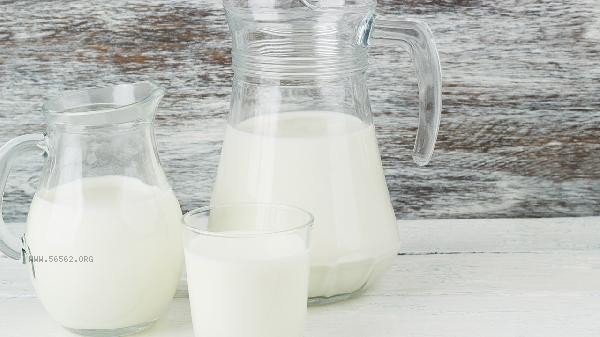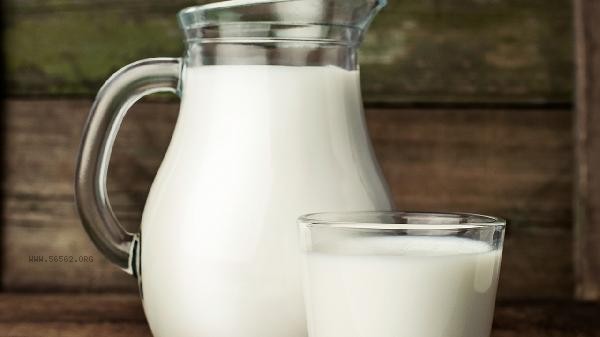Drinking milk in moderation at night can help with weight loss, but it is important to pay attention to the timing and amount of consumption. Milk is rich in high-quality protein and calcium, which can help increase satiety and promote fat metabolism, but excessive consumption may lead to excessive calories. The digestion rate of casein in milk is slow. Drinking about 200 milliliters of low-fat milk 1-2 hours before bedtime can alleviate hunger without significantly increasing nighttime calorie burden. The tryptophan component in it helps improve sleep quality, and good sleep has a positive effect on regulating leptin and ghrelin levels. Choosing sugar free and low-fat milk varieties is more in line with weight loss needs, and pairing with a small amount of whole wheat biscuits can delay blood sugar fluctuations. Some lactose intolerant individuals may experience gastrointestinal discomfort when drinking at night, which can affect sleep quality and hinder weight loss. Flavored milk with added sugar or excessive consumption of full fat milk will lead to excessive calorie intake, especially with high sugar Dim sum. For people who have kidney function problems or need to strictly control calories, sugarless soybean milk or Greek yogurt is recommended.

During weight loss, milk can be included in the daily protein intake plan to avoid drinking in large quantities at night. Pay attention to weight changes, and if there is weight stagnation, adjust the drinking time to the afternoon meal time. On the premise of maintaining a daily total calorie intake that does not exceed the standard, a reasonable combination of low calorie foods such as milk, vegetables, and fruits, combined with moderate exercise, can better utilize the nutritional value of milk.











Comments (0)
Leave a Comment
No comments yet
Be the first to share your thoughts!